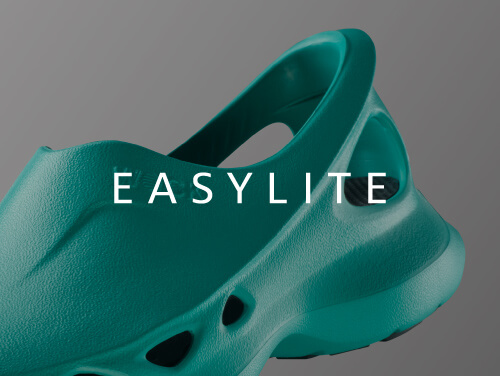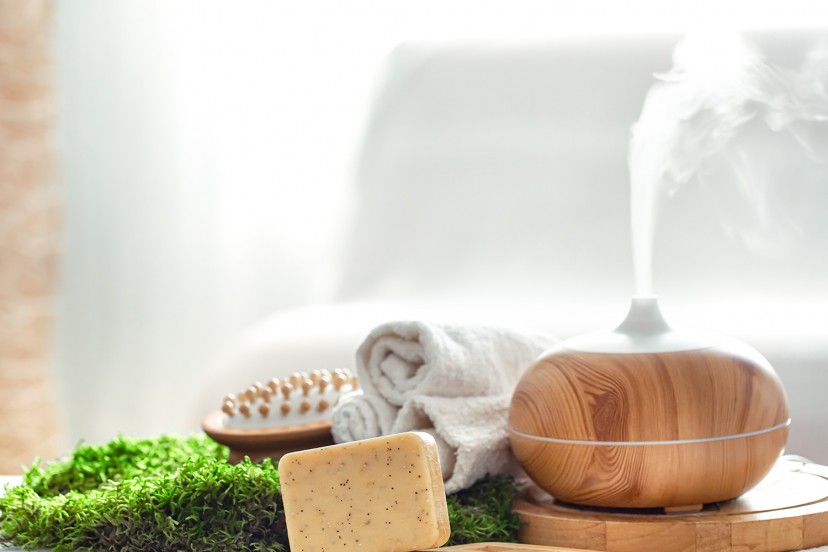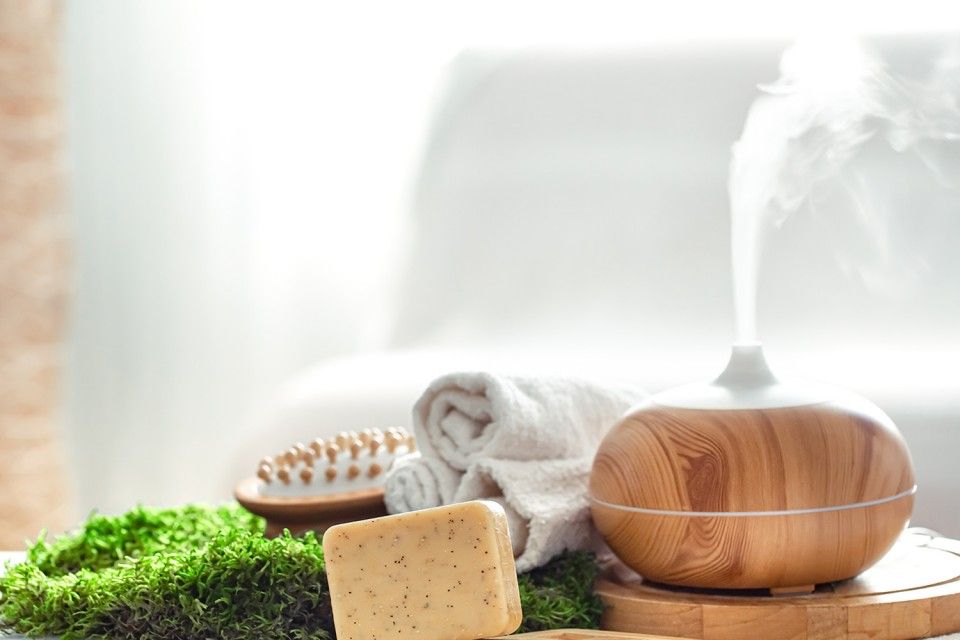Writing about aromatherapy is very important to me, not only because of its greatness and interest nowadays, but because it is present in my day-to-day life. In this article, I will try to explain, in a succinct way, its meaning, benefits and leave you with some tips for use.
Aromas play a crucial role in our lives. If we think well, we all have scents that we like more or less, or that bring us memories and, therefore, it makes sense when we say that the sense of smell is one of the most refined senses.
Aromatherapy has been used for thousands of years and there are several historical accounts of its use and benefits. Already in 2700 B.C., the Chinese used the oldest book in the world on herbs and in 2000 B.C. there are reports of the use of essential oils by the Hindus and even among the Arabs during the Crusades.
Aromatherapy is a natural technique that uses the aroma of essential oils to stimulate parts of the brain. These 100% pure essential oils, extracted from plants, flowers, fruits and roots are intended to provoke a response in our organism to promote balance and well-being and in some cases to improve health. Each oil has its characteristics, a particular aroma and can be diluted or not.
The aromatherapy technique belongs to the phytotherapy branch, a technique that studies the therapeutic functions of plants and vegetables to prevent and treat diseases. This way, aromatherapy can be used in the prevention and/or to help in the treatment of physical, psychological and energetic problems, aiming to provide the general well-being of the person and having as the main objective to balance our body and mind. Aromatherapy can be used in three main branches: in dermatology (in the treatment of nails, skin, hair, mycoses, wounds and also aesthetic benefits, such as cellulite, stretch marks, etc); in aromacology with benefits in the psychic and emotional area (for example, oils with stimulating activities that brings self-esteem, creativity, relaxation) and therapeutics (in therapy for various diseases and disorders).
Essential oils can be used in our day in many ways and at different times of the day. Here are some tips...
1. A massage with essential oils at the end of a long day at work helps to reduce stress and relax muscles by stimulating circulation, and it is also possible to use essential oils to relieve pain in a part of the body.
2. Another practical and simple tip is to put essential oils in an ultrasonic diffuser which diffuses the aroma throughout the house and allows us to benefit from its therapeutic effects while getting domestic tasks done.
3. Aromatherapy can also be used by smelling the essential oil directly or through hot vapors; in this way, we achieve faster and more effective respiratory effects (and even effects at an emotional level). The oils can also be ingested, appropriately, being most effective in treating digestive and urinary problems.
4. In addition to these tips, there are two ways of using aromatherapy that are indispensable at the end of a working day and after so many hours on your feet: scented natural seed bags or compresses, heated in the microwave or frozen (depending on the desired effect) can be used just to warm your feet in winter, or applied to the cervical or lumbar spine to relieve pain or to relax at the end of the day. You can also use the therapeutic bags for cramps, muscular pains, rheumatic pains, contusions, swellings, headaches, fever, abscesses, etc. And don't forget the scalding footbath with essential oils at the end of the day. All this will help you get a good night's sleep.
Without a doubt, the use of aromatherapy in health is an added value, given that the results are quick and because it's something natural, it has no side effects, even more so in today's world where everything is processed and full of chemicals, there are more and more advantages in using something natural and practical, without losing much time. However, it is fundamental to use aromatherapy with knowledge, awareness and responsibility.
Ana Catarina da Costa Andrade
Nurse












